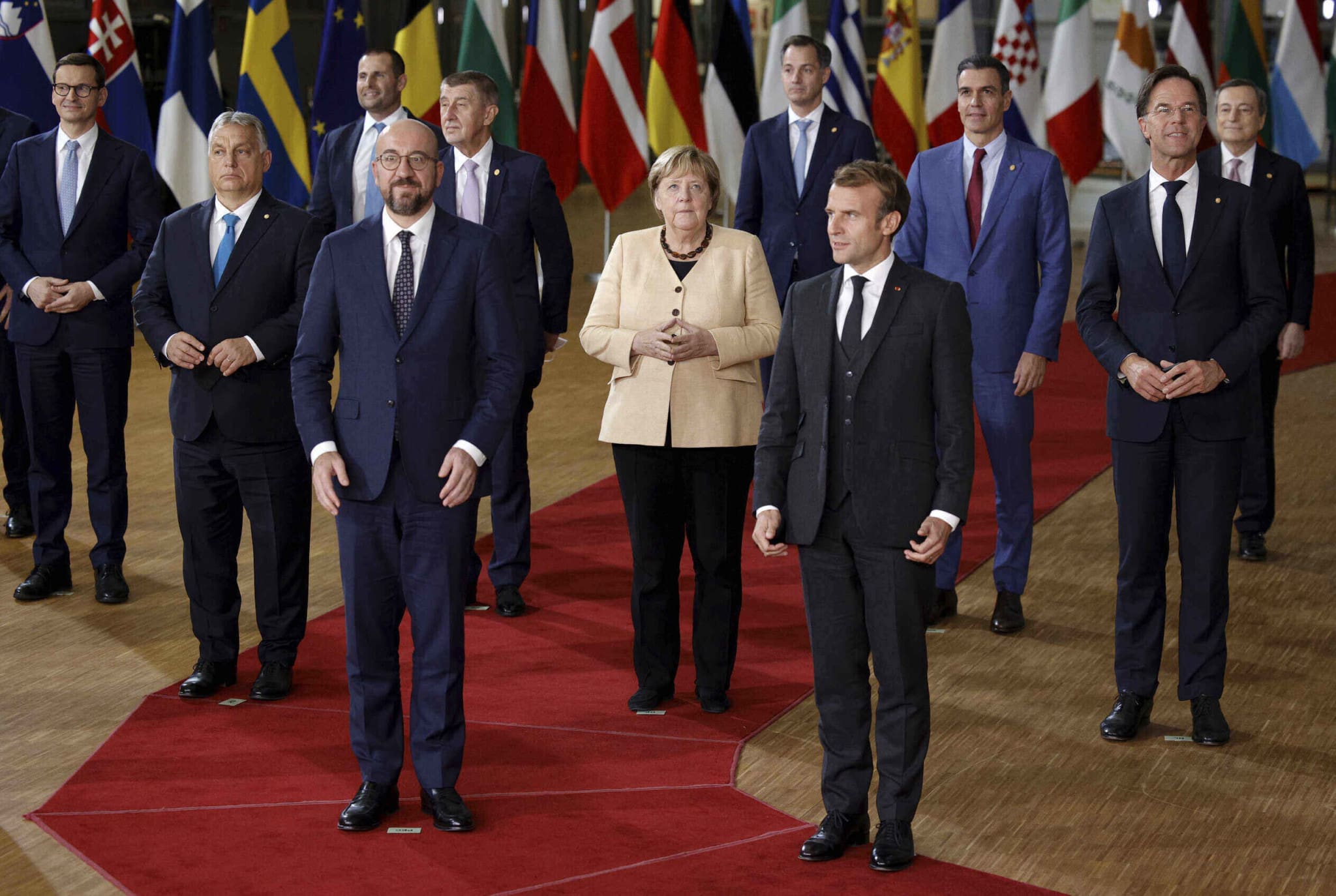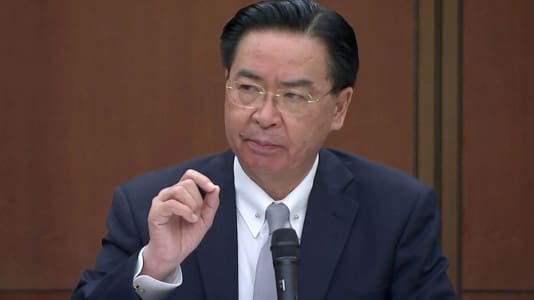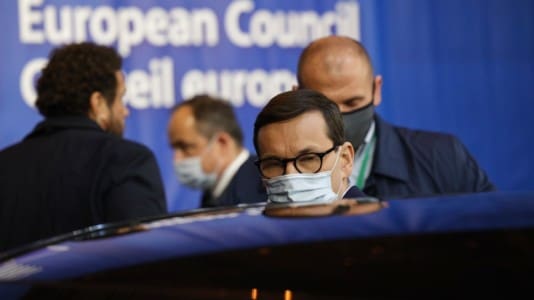On Thursday, heads of the EU governments met at a summit on how to handle the energy crisis. The binding conclusions of the summit were first blocked by Czech Prime Minister Andrej Babiš, who demanded the regulation of the Emissions Trading System (ETS). According to diplomatic sources, many leaders did not want to allow too much market intervention, but a call for the European Commission to review the functioning of the ETS was eventually added to the joint statement.
The heads of the EU governments agreed on a joint position on rising energy prices after several hours of negotiations. They also declared that they want the European Commission to prepare longer-term measures to ensure “affordable energy prices” and reduce dependence on energy imports.
Due to a dispute over emissions allowances, the Czech Republic had at first refused to support the conclusions of the summit.
Prime Minister Andrej Babiš requested that the European Commission intervene against speculators on ETS. The Commission has previously denied that anyone has manipulated the market but then promised to investigate.
At the summit, EU leaders discussed how to dampen the impact of high energy prices on households. European Commission President Ursula von der Leyen has said the EU is ready to help and previously advised states to consider financial support for consumers.
According to von der Leyen, the long-term solution is to replace fossil fuels with renewable sources,. Countries such as Slovenia, Greece and Ireland defended nuclear energy at the summit.
France, Spain and some EU members in Eastern Europe called on countries to take joint action. Czech PM Babiš then supported setting an upper limit for the price of emissions allowances.
“The fact is that today emissions allowances are trading at 60 euros. They are the subject of speculative capital,” he said in September.
According to Babiš, the price of emissions allowances has a direct impact on energy and industrial companies, as well as electricity prices.





